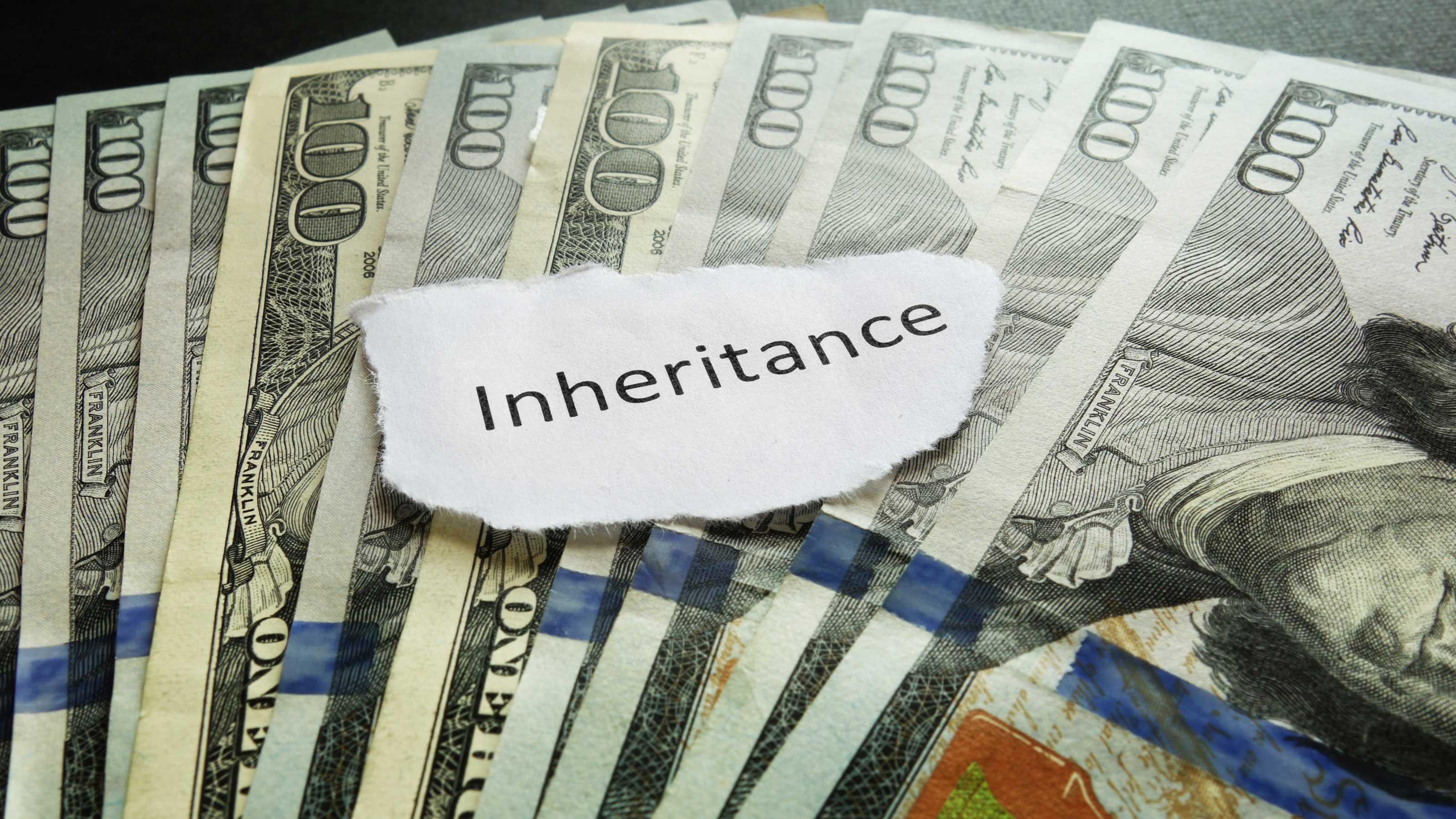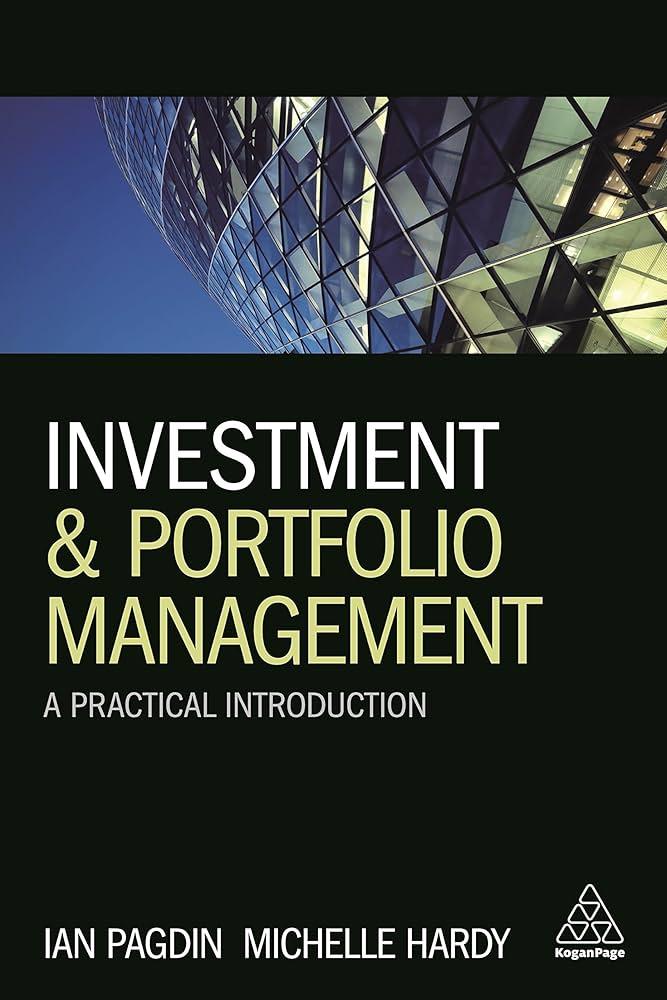Title: The Inherited Portfolio Dilemma: When Family Finances Meet Professional Management
In the intricate dance of financial inheritance, one young heir finds themselves at a crossroads, inheriting not just a substantial $680,000 portfolio but also a long-standing relationship with a financial adviser. The question that looms large is both personal and financial: Should loyalty be rewarded, or is it time to cut ties and chart a new course? As investment fees silently nibble away at potential returns, this story explores the delicate balance between familial trust and financial prudence. Navigating the intricate landscape of inherited investment portfolios can feel like walking a financial tightrope. With a substantial $680,000 at stake, the decision to retain or replace your current financial advisor requires careful, strategic analysis.
First, let’s break down the numbers. A 1.75% annual management fee on a $680,000 portfolio translates to approximately $11,900 per year. That’s not insignificant, especially when compounded over time. Industry standards typically suggest fees between 0.50% and 1%, making your current arrangement marginally above average.
Performance metrics become crucial in this evaluation. Has the portfolio consistently outperformed benchmark indices like the S&P 500? Are returns justifying the higher-than-average fees? Historical performance data will provide concrete insights beyond raw percentage points.
Consider the advisor’s comprehensive service offering. Beyond mere investment management, are they providing holistic financial planning? Tax optimization strategies, estate planning guidance, and personalized retirement roadmaps can substantiate higher fees.
Research suggests that many investors overpay for mediocre returns. Technology-driven solutions like robo-advisors and low-cost index funds have dramatically disrupted traditional financial advisory models. These alternatives often deliver comparable performance at a fraction of the cost.
Engaging in a direct conversation with your current advisor is paramount. Request a detailed breakdown of services, performance history, and fee justification. Their transparency and willingness to explain value propositions can significantly influence your decision.
Don’t overlook transition costs. Switching advisors might incur unexpected expenses like account transfer fees or potential tax implications from portfolio restructuring. These hidden costs can erode potential savings from lower management fees.
Generational differences in financial management also play a role. Your parents’ investment approach might differ significantly from current market strategies. A fresh perspective could introduce more dynamic, technology-driven investment techniques.
Professional credentials matter. Seek advisors with certified credentials like CFP (Certified Financial Planner) who demonstrate rigorous professional standards and ongoing education.
Ultimately, the decision isn’t solely about fees. It’s about finding a trusted partner who understands your unique financial landscape, risk tolerance, and long-term objectives. A marginally higher fee might be justifiable if the advisor provides exceptional, personalized guidance.
Consider interviewing multiple advisors, comparing their fee structures, service offerings, and investment philosophies. Your goal is finding a strategic partner who aligns with your financial vision, not just the lowest-cost option.



